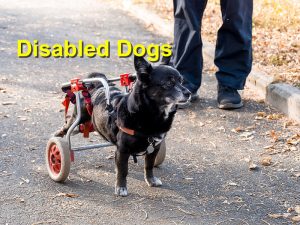Colds are never fun, and if you stay indoor during winters, they are inevitable. Cold also spread faster at the workplace. But do canines get colds? While dogs also suffer from colds from time to time, their type of cold is different from the ones that humans get. Unfortunately, puppies, elderly dogs, and unvaccinated dogs have a higher risk of suffering from cold.
While dogs often suffer from multiple types of respiratory problems, some can be potentially severe. Some of the common symptoms of colds and respiratory infections in dogs include:
- Mild fever
- Sneezing
- Occasional coughing
- Difficult breathing
- Nasal congestion
- Tiredness
- Loss of appetite
However, most respiratory illnesses in dogs often share similar symptoms. Therefore, getting the right medication might require sophisticated testing. You should find out what your dog is suffering from, as most of these conditions can be life-threatening.
Common types of colds that affect dogs
1. Canine distemper
This is a severe viral disease that can affect the dogs’ organ systems. If often results in health complications that can be fatal. Canine Distemper can cause severe respiratory problems, but can also modify the neurologic and gastrointestinal systems. Dogs that have a cold exhibit signs such as eye and nasal discharge. They may also suffer from pneumonia. Distemper usually affects unvaccinated dogs or puppies.
2. Parainfluenza
Dog parainfluenza is a common infectious respiratory illness. It often affects dogs that stay in a crowded place with other infected or exposed dogs. You can visit your vet to get your dog vaccinated.
3. Canine influenza
This is a recently identified flu-like virus that affects dogs. As the name suggests, the disease produces similar signs to flu when it affects humans. Unfortunately, it can lead to other secondary diseases like pneumonia and may be fatal in the long run.
4. Canine coronavirus
This disease usually infects the dogs’ upper respiratory tract and may cause other acute respiratory infections.
To test for respiratory diseases, the vet will perform a series of tests, and if your dog has shown symptoms of infection, the vet may recommend the appropriate treatment. It is always essential to take your dog to the vet when you spot signs of infection to prevent the conditioning from worsening. Remember that respiratory diseases have the potential to be fatal if left untreated.
Conclusion
If you have concerns or questions, you should call or visit your veterinarian as they can help ensure your dog is healthy.
References: Pet health network, Petmd, AKC




